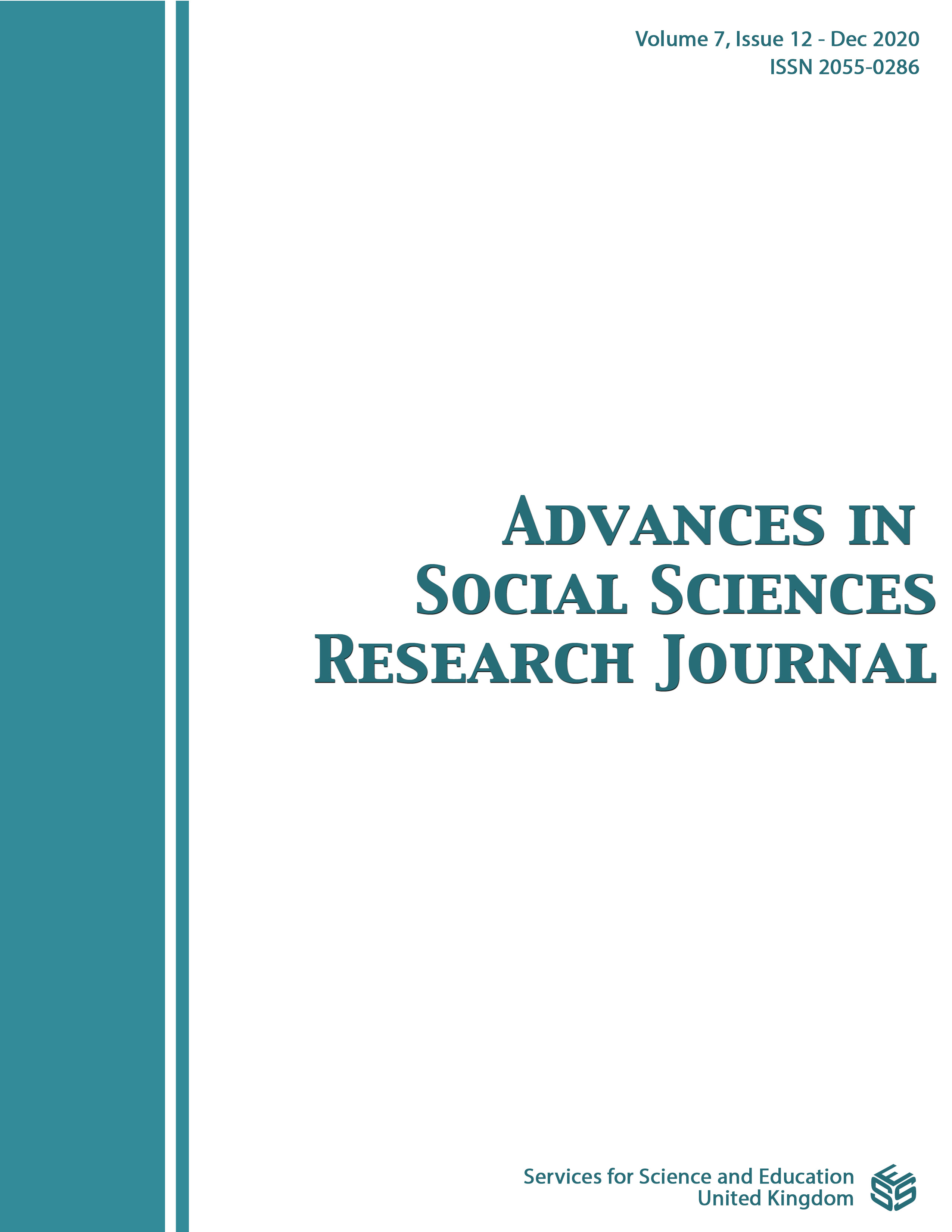Neuromarketing and Sustainability
DOI:
https://doi.org/10.14738/assrj.712.9360Keywords:
Sustainability, Neuromarketing, Solidarity, Plastic caps.Abstract
Recent studies show that Catalonia has stagnated in municipal selective waste collection. According to the data of the waste agency of Catalonia (ARC), municipal selective waste collection was 38.19% in 2014, 38.98% in 2015 and 38.61% in 2016. In light of the data, the following question arises: is it possible to increase Catalonia’s municipal selective waste collection? According to ARC, there are counties, such as Osona or Pallars Sobirà, which have a rate of 59.92% and 54.93% selective waste collection, respectively. With this data in mind, we proposed that our Primary Education students carry out a study of how a Neuromarketing campaign could influence a selective collection of plastic bottle caps for a humanitarian cause. We proposed conducting the study in five teaching centers, conducting a Neuromarketing campaign in one of the five. The objective was to collect as many plastic caps as possible. This study was part of the annual Transversal Workshop on Sustainability that we organize at the University. The results obtained were spectacular, and this show a need for further research in this field. Facchin (2018) defines Neuromarketing as the science that studies the purchasing behavior, consumption, and decisions of the clients in relation to different products or services. Some studies done with volunteers using functional magnetic resonances (FMRI) or electroencephalography (EEG) allow us to know the effects of advertising in our unconscious brain (Monge and Fernández, 2011). These studies have provoked strong criticism for studying a part of the human body that is difficult to control, and thus dominate the feelings of people (Morin, 2011). The results obtained show how Neuromarketing can be a good instrument to carry out solidarity campaigns related to sustainability.
Downloads
Published
How to Cite
Issue
Section
License
Authors wishing to include figures, tables, or text passages that have already been published elsewhere are required to obtain permission from the copyright owner(s) for both the print and online format and to include evidence that such permission has been granted when submitting their papers. Any material received without such evidence will be assumed to originate from the authors.






